The UK is turning to VoD – Ofcom
Half of UK homes now subscribe to TV Streaming services, reveals a new Ofcom report, as the country increasingly opts for video-on-demand.
August 7, 2019
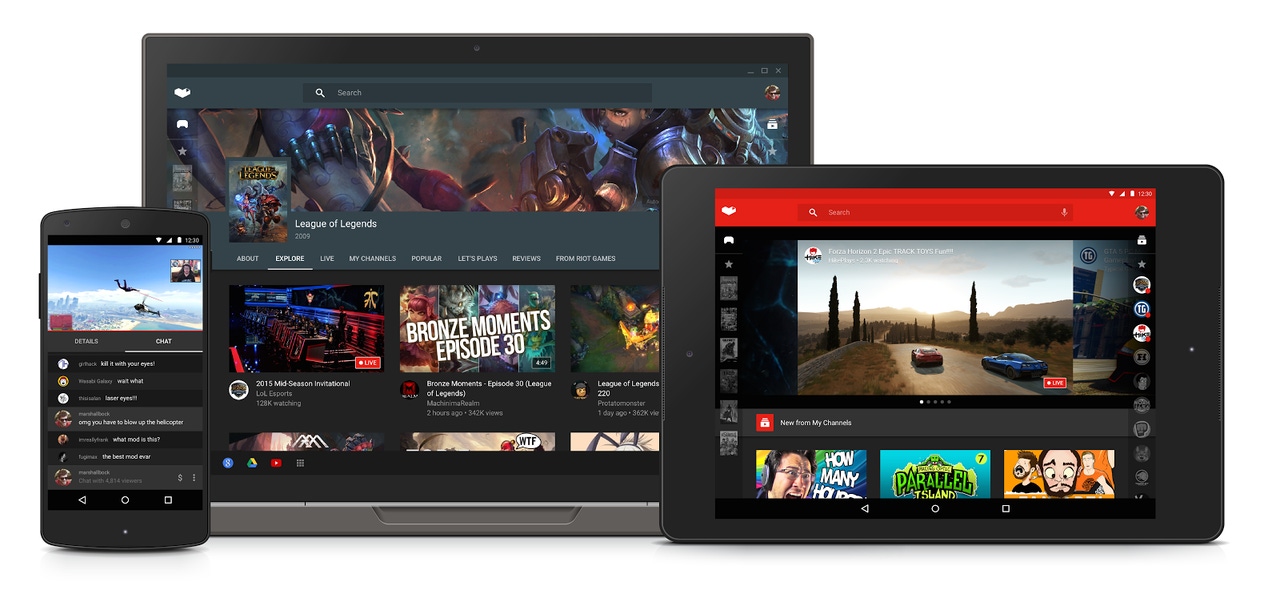
Half of UK homes now subscribe to TV Streaming services, reveals a new Ofcom report, as the country increasingly opts for video-on-demand.
The precise proportion is 47%, which is lower than some might expect given the apparent ubiquity of Netflix, Amazon Prime, etc, but still a significant jump from 39% just a year earlier. Furthermore, since many people have more than one service, the total number of subscriptions increased by 25%. If this keeps up it won’t be long before nearly all of us spend our evenings consuming copious amounts of VoD.
This is the headline finding from Ofcom’s latest Media Nations Report, which takes a deep look at the country’s media consumption habits. Any parent won’t be at all surprised to hear that younger people far prefer on-demand video over traditional broadcast and, as a result, consumption of the latter is in rapid decline. Thanks to the oldies broadcast telly is still the most popular form of video consumption, but not for long.
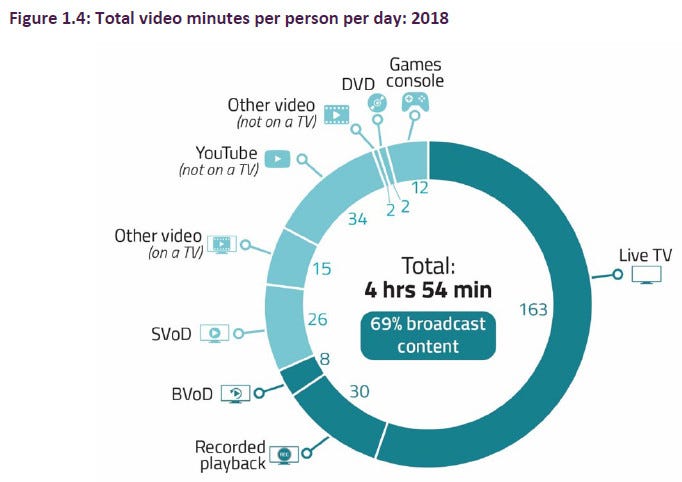
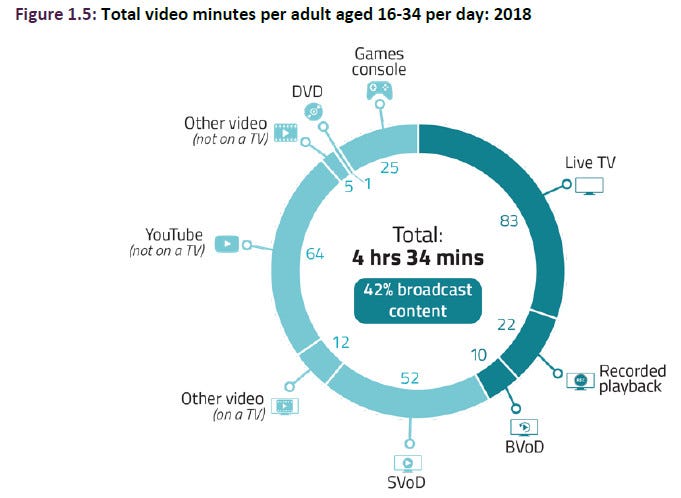
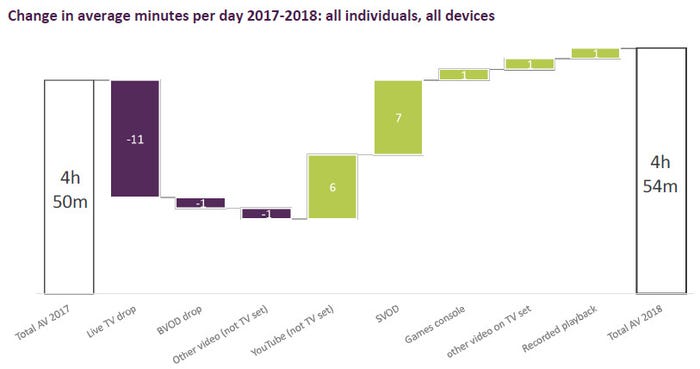
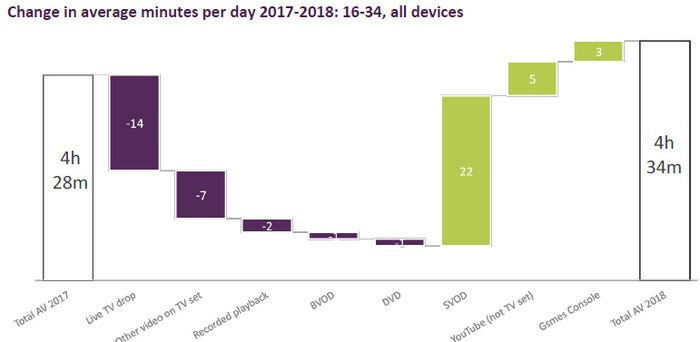
“The way we watch TV is changing faster than ever before,” said Yih-Choung Teh, Strategy and Research Group Director at Ofcom. “In the space of seven years, streaming services have grown from nothing to reach nearly half of British homes. But traditional broadcasters still have a vital role to play, producing the kind of brilliant UK programmes that overseas tech giants struggle to match. We want to sustain that content for future generations, so we’re leading a nationwide debate on the future of public service broadcasting.”
The UK state seems to be in a mild panic about the decline in viewership of what it considers to be public service broadcasting, which means any old rubbish that’s publicly-funded. It’s highly debatable how much of the content produced by the BBC provides any kind of public service other than distracting us for a few minutes, but Ofcom seems to still think it’s really important.
This last table is especially illustrative of the current state of play, with younger adults all about YouTube and Netflix. If Ofcom had surveyed teenagers we suspect that bias would have been even more pronounced and as these trends continue the TV license fee is going to become increasingly hard to justify.
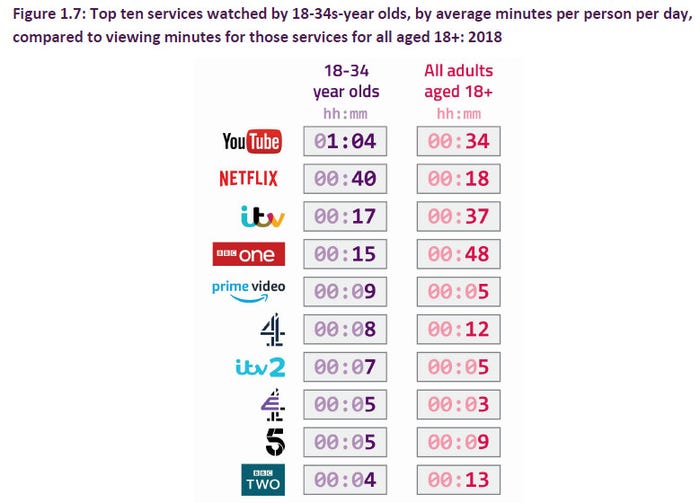
About the Author
You May Also Like












_1.jpg?width=300&auto=webp&quality=80&disable=upscale)
